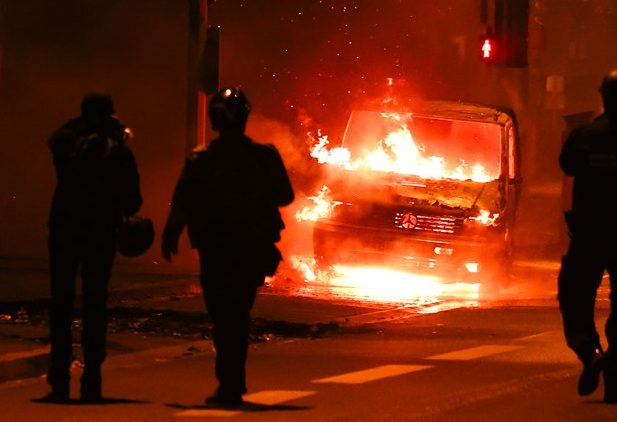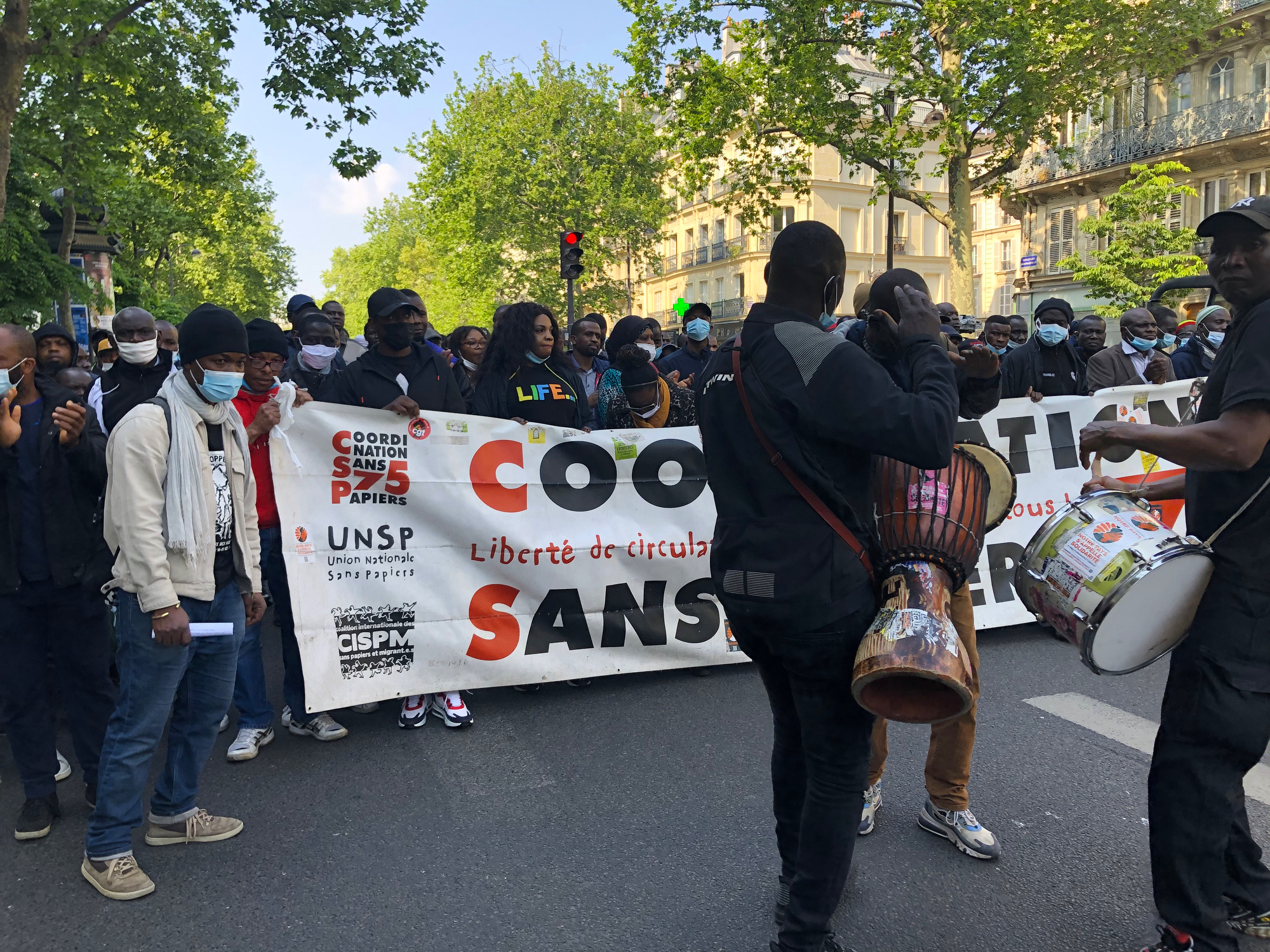The military coup in Niger does not pose any “immediate” danger to the European Union’s energy supplies, an expert in the sector has told Brussels Signal.
Concerns have been raised over the military’s takeover and possible consequences for the EU nuclear energy market. The bloc imports one-quarter of its uranium from the African nation. France imported around 35 per cent of its uranium from Niger in 2020.
Professor of Energy Geopolitics at the Free University of Brussels Samuele Furfari played down fears of supply shortages.
“I am not worried,” he said.
Furfari explained that, while around 25 per cent of the EU’s uranium does originate from Niger, power stations within the bloc frequently store between three and four years’ fuel, meaning there should be “no immediate danger”.
He also said that, barring the imposition of EU sanctions on Niger’s new military government, he expects country will continue to sell uranium ore to Europe to fund its economy.
“Niger needs to sell uranium,” he said, adding that there was ultimately “no reason to panic”.
Although seemingly not a threat to the EU’s energy situation in the short-to-medium term, European leaders have nevertheless been quick to condemn the coup.
“The European Union is following with great concern the current events in [Niger’s capital] Niamey following a mutiny by part of the presidential guard at the residence of President Mohamed Bazoum,” a statement by Borrell reads.
“We reaffirm our full support for President Bazoum and our conviction that Niger is an essential partner of the European Union in the Sahel [African region], the destabilisation of which would not serve the interests of anyone, either in the country [or elsewhere].”
Bazoum was seen by many as one of the West’s few allies in the North Africa region, with some now fearing that the collapse of his administration could see Moscow increase its stranglehold in the Sahel. The Russia-backed mercenaries Wagner Group have previously conducted operations in the region.





